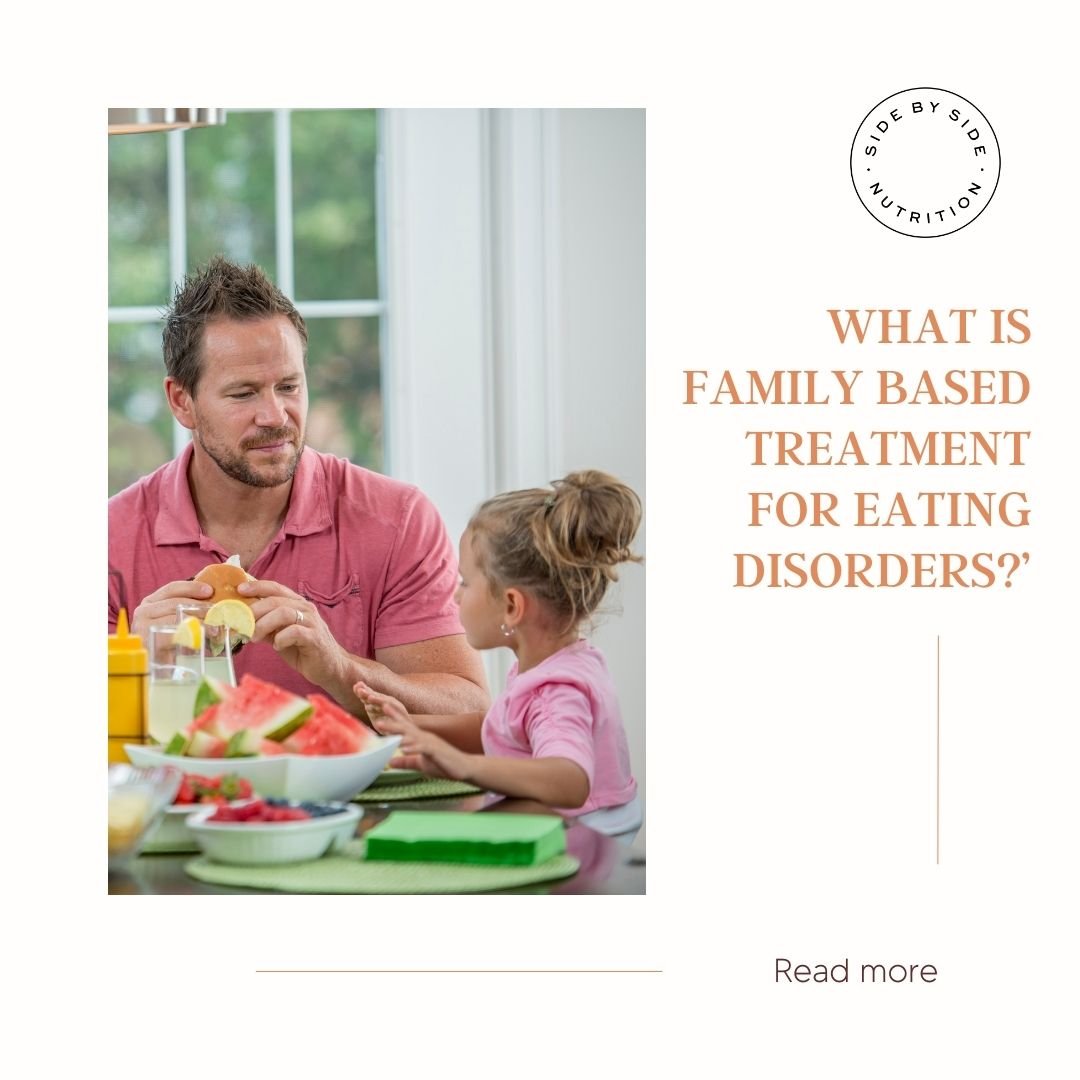Attention-Deficit/Hyperactivity Disorder (ADHD) and Binge Eating may not seem related at first glance, but research suggests a significant connection between the two. Understanding this relationship can help in identifying effective strategies for managing both ADHD and binge eating.
Let’s dive into how ADHD and binge eating are connected and what it means for those who struggle.
Read More












